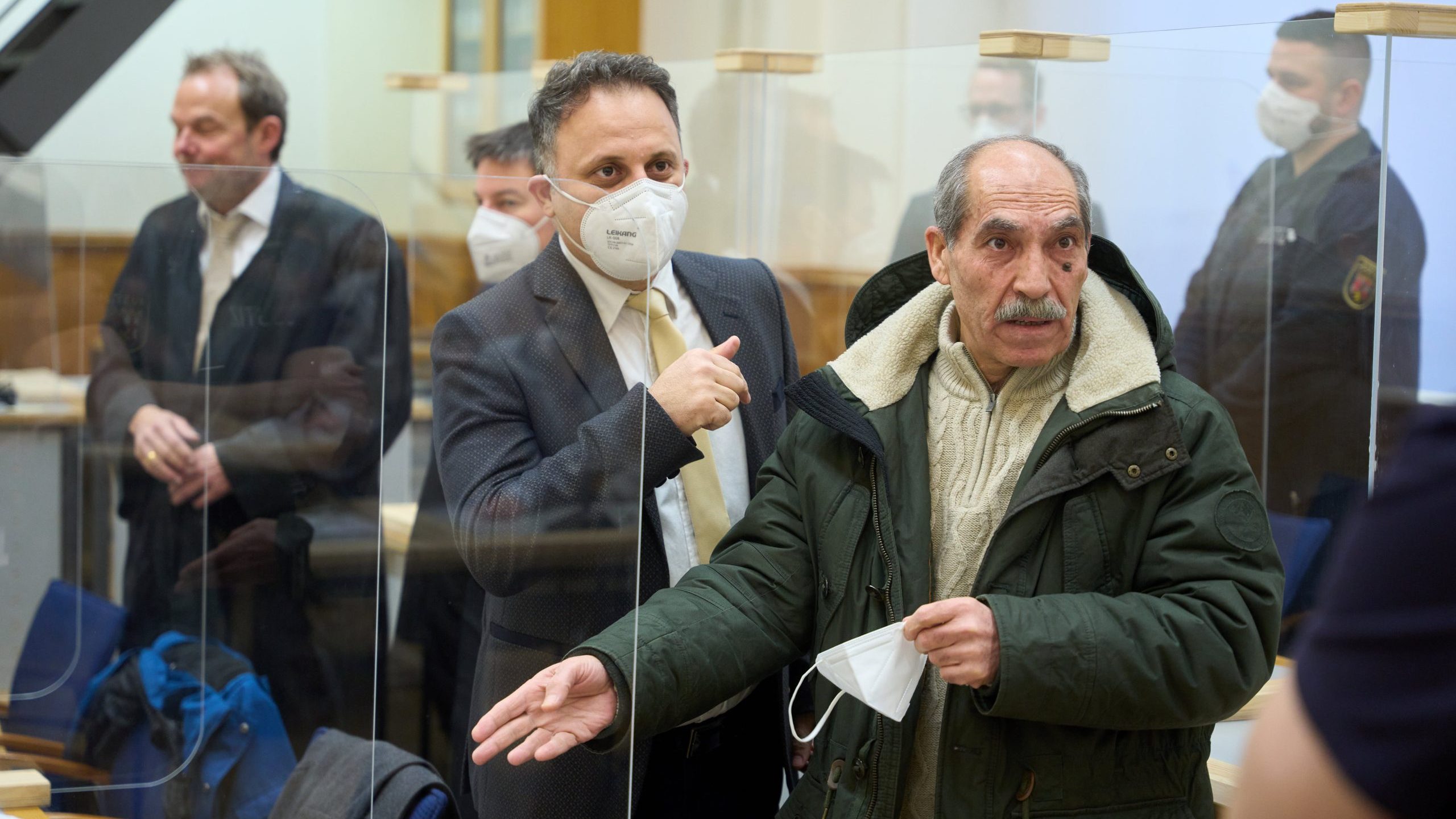It is easy to welcome the decision of the court in Koblenz that convicted Anwar Raslan of responsibility for torture, rape, and murder at Branch 251 in Damascus.
When I was ambassador in Damascus I heard from Syrians about several detention centers, among them Branch 251. We knew intellectually about the mistreatment of prisoners, but only after I saw the Caesar photographs did I begin to understand the enormous brutality.
The Koblenz court convicted this colonel in the Syrian General Intelligence Division of involvement in 27 cases of torture, rape, and murder at Branch 251. It is worth noting that a German expert in identifying evidence told the court that 110 victims among the 6,786 dead in the Caesar photos appeared to be from Branch 251 based in part on the number code written on their bodies.
In 2022 not even government loyalists dispute the government’s brutality. The loyalists can only respond that the opposition and ISIS also mistreat detainees. However, the scale of murder and abuse in the government centers far exceeds the violations committed by the opposition or ISIS.
One of the problems with discussions about Syria is that too often the opposition is considered equally bad, equally responsible for the tragedy. The Koblenz trial reminds us that, in reality, the tragedy in Syria is mainly the responsibility of the Syrian government.
The United Nations Commissioner for Human Rights, Michelle Bachelet, praised the court’s decision saying that it was a major step forward for truth, justice, and reparations for the violations in Syria. One victim outside the courthouse told the Independent newspaper on January 13 that the court decision tells every politician and security officer in Syria who commits violations that “you cannot escape justice and you will be held accountable one day.”
No doubt President Assad, General Hossam Luka who commands the General Intelligence Division (and therefore Branch 251 among others), and other security officers in Syria heard that message clearly. They also noticed two other aspects of the case. First, the German court decided that even if Raslan did not himself torture and rape, he did not stop other security officers from abusing prisoners and thus he carried responsibility.
Read Also: How Would Syria Change and ‘Moderate?’
We also saw this principle in the Nuremburg trials of Nazi war criminals. Assad and his circle carry the responsibility under this principle. Damascus also noticed that Raslan’s defection did not prevent him from receiving a sentence of life in prison. The reaction inside Damascus will be clear: to avoid accountability and prison Damascus will reject compromises or concessions such as the Caesar sanctions demand because the leaders will be more afraid of justice one day.
We should be frank and say the reality: the insistence on justice for the crimes in Syria is easy to understand and support, but this insistence makes a negotiated political solution to the war impossible.
Assad and his circle will not surrender and accept trials like Koblenz. In addition, they cannot surrender some of their lower-level officers to face trials because they would risk a revolt inside their security forces. The government’s only choice is to totally dominate the remains of Syria and evade justice. The United Nations human rights team welcomed the Koblenz decision but probably the United Nations political team under Geir Pederson recognized their job is now more difficult than ever.
Algerian President Bouteflika in 1999 issued amnesties to both security forces and Islamic armed groups, even terrorist groups, who were responsible for atrocities during the civil war there. He expanded the amnesty in 2005. It is easy to criticize Bouteflika now. Of course, he stayed too long in the President’s chair. And Western human rights organizations complain the amnesty allowed those responsible for human rights violations in the Algerian war to escape justice. They are right, but we must also acknowledge that the amnesty did help reduce the fighting in Algeria after years of murder and intense violence. It is worth noting that the Algerian army won a military victory in the war, but it demanded an amnesty to protect its officers legally afterward.
Of course, it is impossible to imagine that the Syrian government and its security forces would ever trust an offer of immunity or respect an amnesty. Assad and his aides would never trust their fate to promises from others, not even from President Putin or Supreme Leader Khamenei. Instead, the security forces kill fighters from the armed opposition who agreed to reconciliation because the security forces fear another revolt and eventually having to face justice. In the end, the Syrian government’s stubbornness and fear allow us to escape the terrible choice between demanding justice for all and accepting a negotiated political settlement that would have to include an amnesty.
Robert S. Ford is currently a senior fellow at the Middle East Institute in Washington.
The Syrian Observer has not verified the content of this story. Responsibility for the information and views set out in this article lies entirely with the author.


